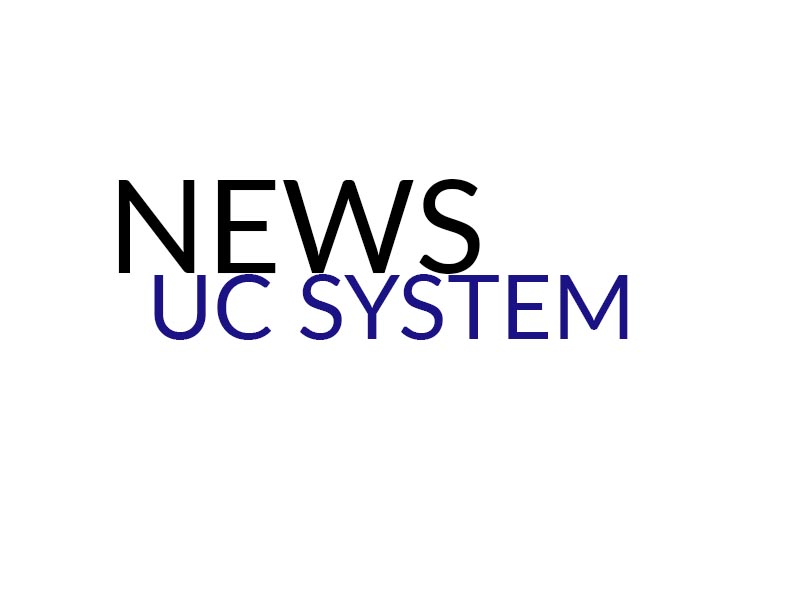Doctors from the University of California Medical Centers held a strike against the UC system on Jan. 27, demanding that its administrators bargain with the Union of American Physicians and Dentists according to standard and legal labor practices. This is the first time that any union of doctors has held a strike against a U.S. employer in 25 years.
The strikes at all 10 campuses commenced at 7:30 a.m. with UCSD’s located on Library Walk in front of the Student Health Services Center. Protesters handed out informational flyers to passersby. Protesters began picketing in the center of Library Walk at 9 a.m. when traffic increased.
Amol Doshi, a physician at UCSD, who is one of four members of the union’s bargaining team, and was present at the protest, told the UCSD Guardian that approximately 150 physicians and dentists across the UC campuses participated in the strike, which over 90 percent of UAPD’s doctors voted to authorize to pressure the university into bargaining fairly.
“I have spent 43 days of the last 12 months in Oakland — away from patients here at UCSD, away from my family — to try to reach an agreement on our first contract as a physician union with the UC Office of the President,” Doshi said. “We haven’t been able to make progress at the bargaining table, and so we organized this strike to draw attention to these unfair labor practice charges that are preventing us from bargaining effectively.”
After nearly a year of negotiating with the UC system, UAPD has filed multiple unfair labor practice reports against the university for allegedly failing to negotiate in good faith.
According to the FAQ for the strike, the UC system illegally increased the pension contribution of physicians and dentists without negotiating.
The UAPD also claims that it has requested information about the chancellor discretionary funds and a breakdown of how student registration fees are spent and other financial information, but UCOP has denied its requests.
Doshi argues that it has a right to the information and needs it to determine how to allocate funding better toward student health.
“We have seen a tremendous increase in the number of students with mental health concerns, and this campus at UCSD, we only have two part-time psychiatrists on campus,” Doshi said. “So we are here to try to increase the funding and the staffing for student health systemwide.”
Shelly Meron, who is in charge of media relations at the UCOP, told the Guardian that her office is disappointed that the UAPD chose to strike rather than focus on ongoing negotiations. She says that the UCOP believes they are striking merely to gain leverage in negotiations.
“The union argues this strike is about their unfair labor practice charges, which do not warrant a work stoppage that impacts students,” Meron said. “We believe this hasty strike is simply a negotiation tool.”
Imelda Moya, an organizer for American Federation of State, County and Municipal Employees 3299 at UCSD, told the Guardian that her organization fully supports the UAPD’s cause.
“At the end of the day, it’s the UC who takes advantage of the workers here on campus,” Moya said. “So when we see that our fellow union brothers and sisters are getting attacked by the UC, we stand by them 100 percent.”
Second-year UCSD medical student Arvin Wali told the Guardian that he believes attending the strike helps future doctors understand how their system works and learn how they can make it better.
“It’s important for medical students to come out here because, as physicians, we care about well-being and health,” Wali said. “And we need to learn as much as we can as best as we can if we really want to be in a system and work with a system for the betterment of people.”








